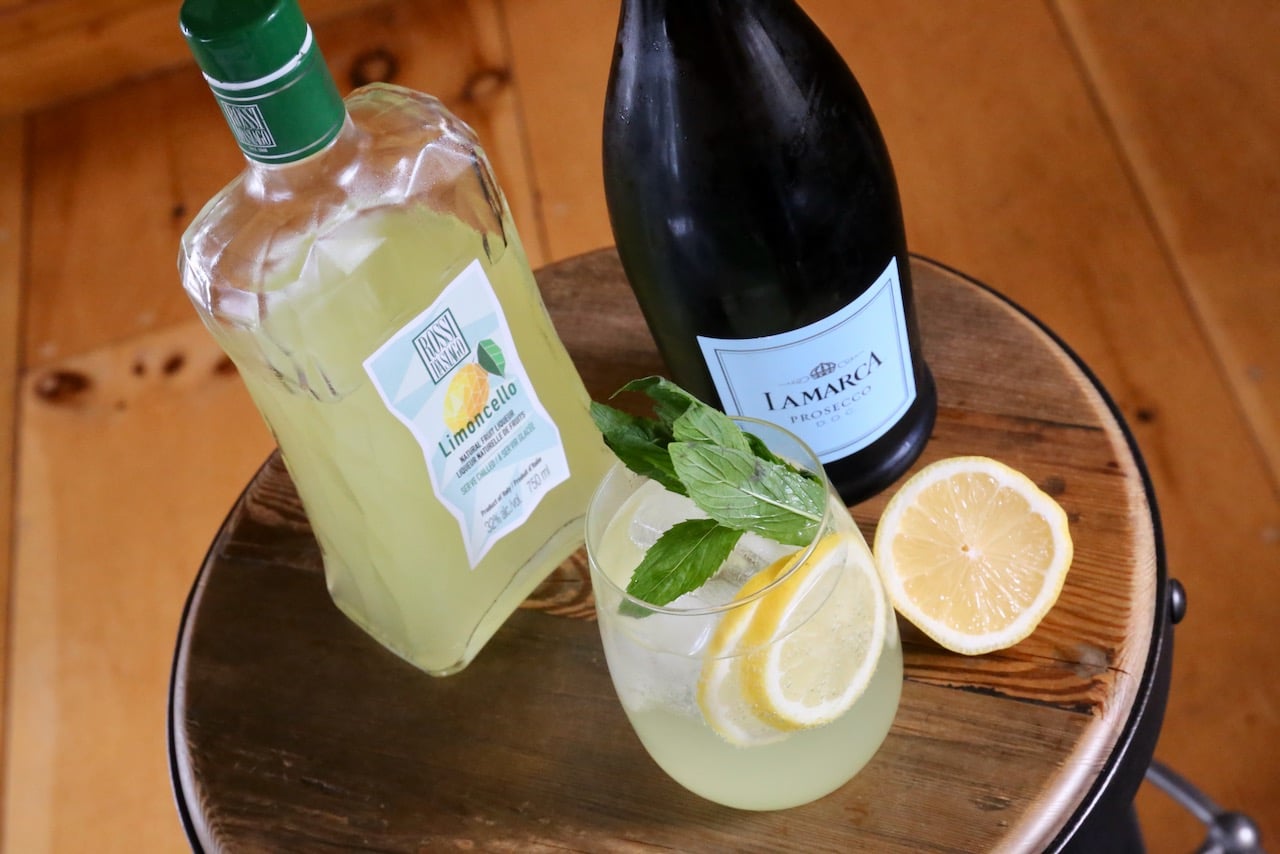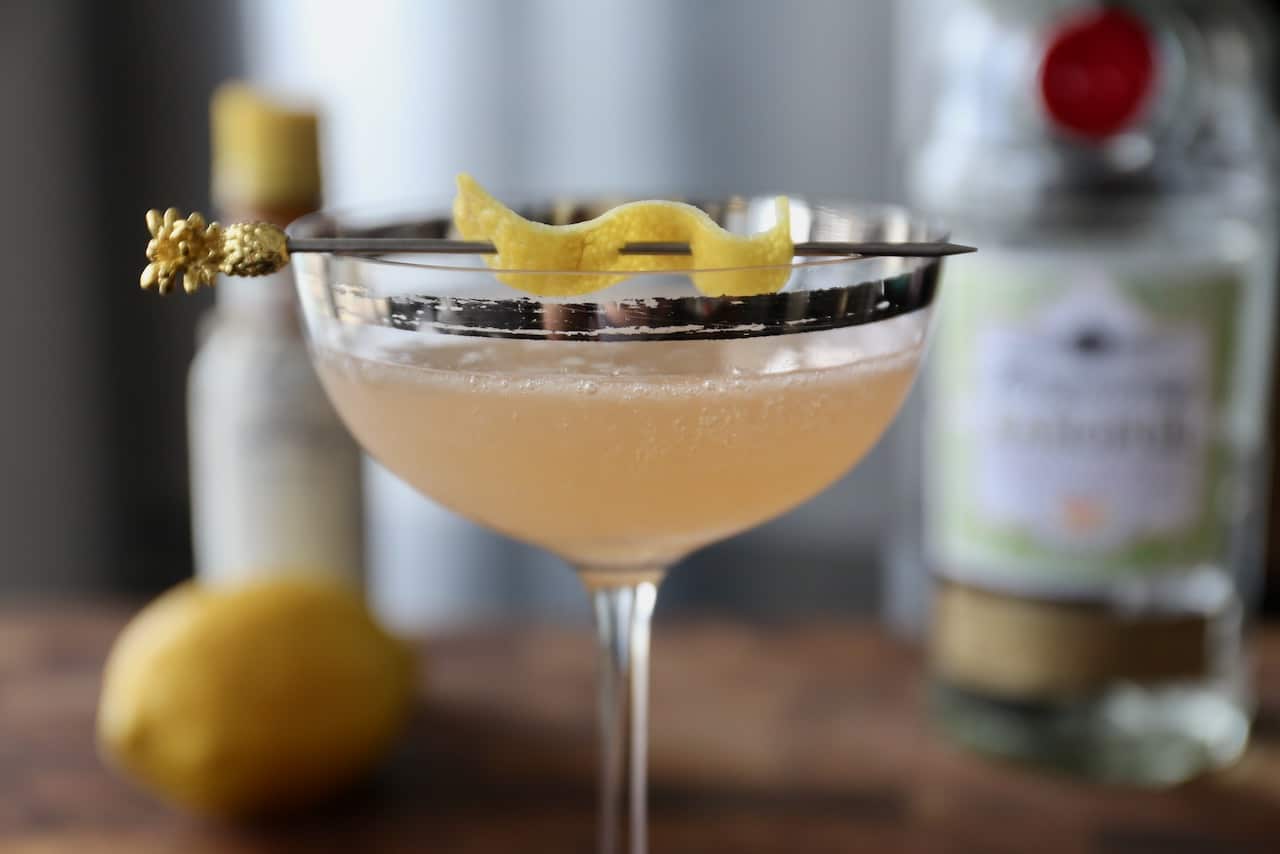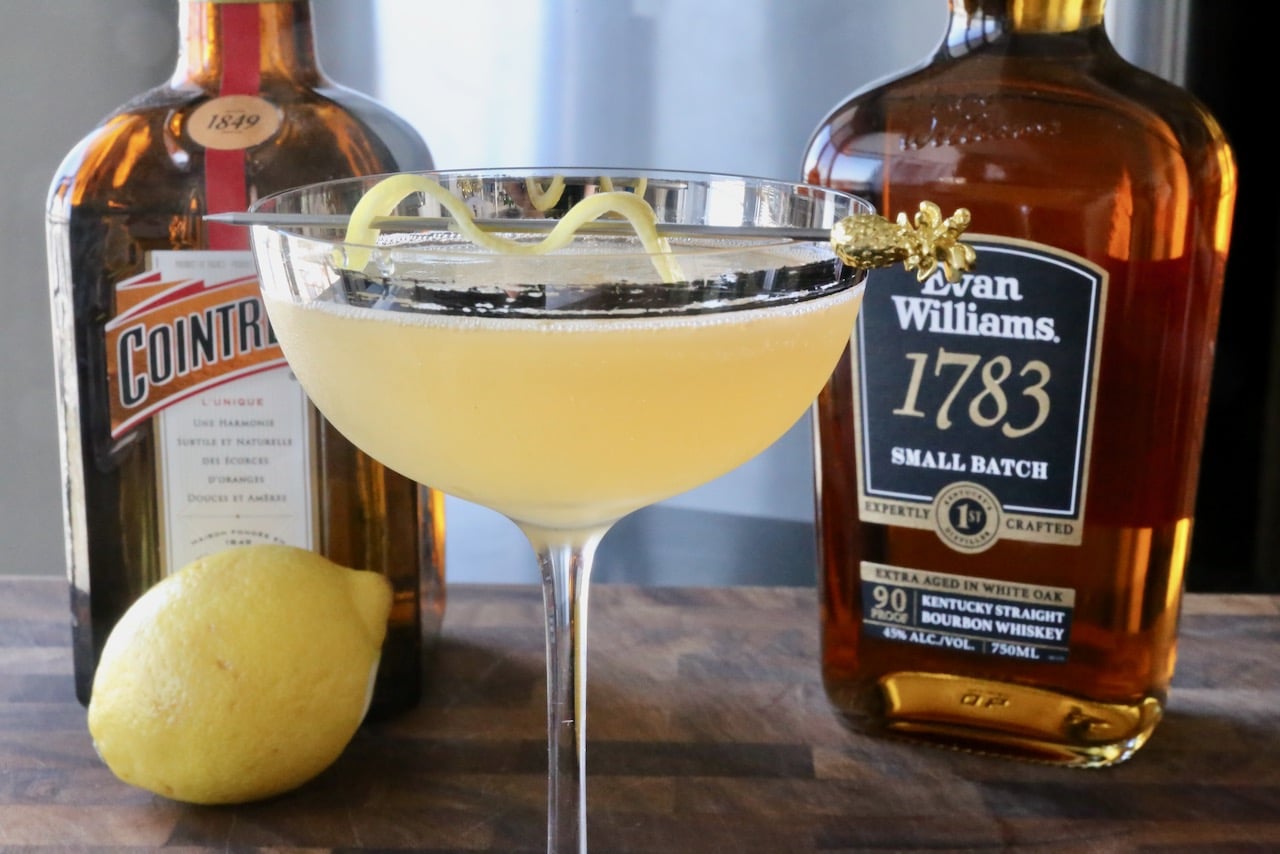February has been a pretty disappointing month, huh? Cold, damp dreary . . . how come we can’t hibernate like bears and welcome spring all rested and skinny? So here’s the next best thing: a warm blanket, a pot of tea and a rousing good read.

The Psychology Book
I’m not big on self-help books. Too much psychobabble and jargon du jour and very little insight into human – OK my – behaviour to be worth reading.
That said, I opened the new paperback edition of The Psychology Book (DK Publishing, 2017) and happily spent most of a sleet storm afternoon snuggled under my fake fur throw and discovering what makes us tick. The Psychology Book uses easy-to-understand language, and DK’s famous illustrations and info graphics to make complex concepts and theory make sense to those of us who don’t have a PhD.
From its philosophical roots – Rene Descartes published Passions of the Soul in 1649 claiming that the body and the soul are separate – through behaviourism, psychotherapy and developmental psychology, The Psychology Book explores the often-revolutionary concepts of psychology’s great thinkers, from Pavlov and Skinner to Freud and Jung, and makes it feel like conversations with smarty-pants friends at a dinner party.
Worth noting: According to David McClelland (1917 – 1998) people’s motivations were the best predictor of workplace success. He figured out that the three key motivations responsible for performance were the need for power, the need for achievement and the need for affiliation. The Number one motivation of a good manager or leader: the need for power, or to have control over others – but only if this need is on behalf of the organization. A strong drive for personal power makes for a pretty crappy team player. I’m talking about you Damien.

My Zero-Waste Kitchen
So this whole zero waste movement – you know, reduce, recycle, reuse – that aims to create as little trash as possible and live a more sustainable life is for-sure worth supporting. But help!! Some honest-to-goodness useable tips, please, for regular people!
To the rescue: My Zero-Waste Kitchen: Easy Ways to Eat Waste Free, (DK Publishing, 2017) a snappy little how-to guide stuffed with simple ideas that work in real life.
My Zero-Waste Kitchen starts with the basics: can you eat it? Reuse it? Compost it? Recycle it? If you answer No to all four then it’s OK to chuck it into the trash. Then, Zero-Waste gives you creative – and often unexpected – ways to answer yes to those same four questions. Are you a composter? If yes, did you know you could compost cardboard? Chewing gum? Tissues? Me neither.
I admit though, it’s the recipes using food that’s past its best-before-date that really caught my attention. Mostly because I always have peppers or tomatoes or lettuce or their first cousins lying limply and unappetizingly in my crisper. My first instinct is to wrinkle my nose and toss them – nu uh. Make Save-it Soup instead – take a bunch of tired vegetables, and add left over beans, stale bread, parmesan rinds and leftover grains and voila! A pretty tasty lunch. Seriously.
And that’s not all. Did you know that you could grow potatoes from old spuds? Lettuce from the base? Freeze banana peels and make a cake? Yup. News to me, too. So get this book – and kiss your garbage can goodbye.

The Lonely Hearts Hotel
Heather O’Neill’s latest book The Lonely Hearts Hotel is a can’t-put-down story about two orphans – Rose and Pierrot – who have been in love with each other since before they knew what that meant, and how their unusual gifts propel them into a life that fate would not have predicted.
Two babies, born to young single girls, arrive at a Montreal orphanage in the winter of 1914. This is hell: the children are underfed, under-dressed (especially in the cold Montreal winters), regularly beaten and constantly reminded that they are worth less than nothing.
But these two exceptional orphans possess extraordinary talent: Pierrot is a piano prodigy; Rose tells redemptive stories, dances like no one is watching, and creates magic in even the grimmest of places. Separated as teenagers, the pair is sent to work as servants but both descend into the city’s underworld, dabbling in sex, drugs and theft in order to survive.
Rose and Pierrot discover each other again after years of desperate longing and renew their childhood dream of a creative life together. They start a circus. You could call this a love story – and it is, I guess. But the description doesn’t come near to capturing the street-smart, tough, often wry and always-unsentimental narrative.
The Lonely Hearts Hotel is dark, bold, uncomfortable – the book opens with the rape of a 12-year-old girl – but it’s probably the most compelling story I have read in years, and believe me, that is saying something. O’Neill is a treasure.

The Orphan’s Tale
Pam Jenoff’s latest, The Orphan’s Tale, also involves pregnancy, orphans and a circus. But it’s a much different story.
Sixteen-year-old Noa becomes pregnant by a Nazi soldier. Her parents throw her out of the house with two days worth of food and nowhere to go. Thanks to the kindness of a stranger, she finds her way to a sympathetic home for unwed mothers that delivers healthy babies to the Reich, but despite her baby’s heritage – Dutch on Noa’s side, German on the father’s – her son is born with dark eyes and olive skin and taken away. Probably not to a good German home.
Noa goes to work at a small railway station – she lives upstairs and cleans to earn her keep. When Noa discovers a boxcar stuffed with dead and dying babies she takes a boy and flees: she couldn’t save her son, but she can save this one child.
Noa and the baby are rescued by a German circus, but the deal is that she must master the art of the flying trapeze. But that sets her against Astrid, lead aerialist, whose Nazi husband was forced to divorce her because she is Jewish. When the circus arrives in France, Noa takes to the trapeze solo because Astrid is afraid that a Nazi in the audience might recognize her. Then things become very really complicated. Noa falls in love with the son of the Mayor – Astrid is pretty sure he’s a collaborator – Astrid’s lover, a clown, satirizes the Nazis with a goose-stepping routine. And no one is safe.
This is a sweeping and well-told tale of strength, courage, love and redemption, set against a backdrop of fear, hate, cowardice and what must have seemed at the time, the end of the world. Resonates especially well today, dontcha think?

My (not so) Perfect Life
Sophie Kinsella, author of the best-selling Shopaholic series and several novels including Wedding Night, is the consummate chick lit storyteller. She neither shocks nor surprises and sometimes, a kinda predictable but nevertheless entertaining read that doesn’t make you think too hard is Sunday kickback perfect.
In her newest My (no so) Perfect Life, Somerset-bred Katie Brenner is living her dream life in London – she calls herself Cat, works at an ad agency . . . truth is her job is entry-level admin, she shares the flat with weird roommates and her Instagram account is a carefully curated mash up of other people’s lives. But still. She’s not living in Somerset. Then her uber successful boss, Demeter, throws her over the stairs, and Katie slinks back to Somerset to help her dad and step-mum run their glamping business. Just when she thinks life can’t get any less perfect Demeter arrives, family in tow, to holiday in one of the yurts.
This is Sophie Kinsella, so you pretty much know how the story ends – Demeter’s life isn’t all that perfect either. Because real life is bright and shiny one day and sorta scuffed and ragged around the edges the next. And that’s what makes it interesting.
Written by Charlotte Empey with Illustrations by LEZ AUTRES


